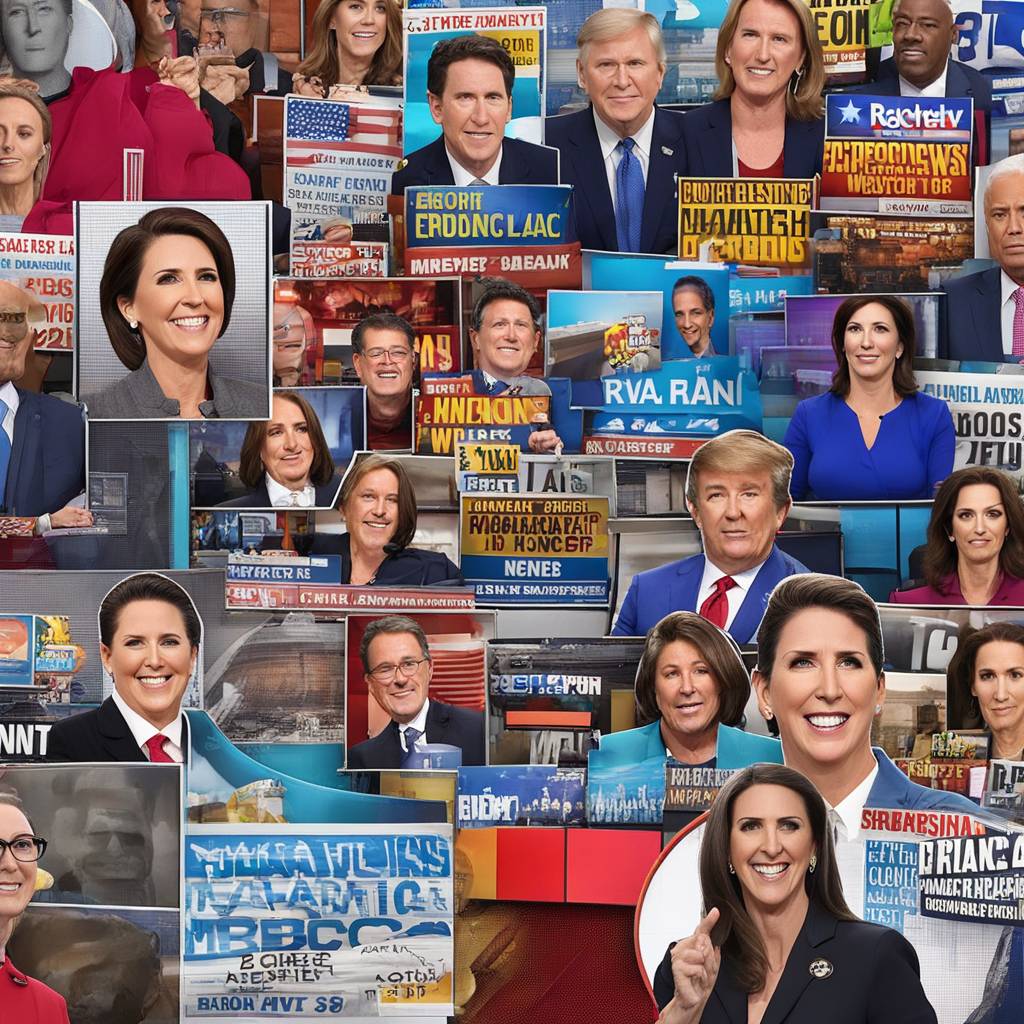MSNBC host has criticized the decision to hire the former Republican National Committee chair, comparing it to placing a “mobster to work at the DA’s office.” This analogy suggests that the hire may not have the best interests of the organization at heart, and could potentially bring a corrupt or deceitful influence to their new role. By invoking the image of a mobster working in law enforcement, the host implies that the hire may not have the necessary qualifications or integrity for the position.
The comparison to a mobster working at the DA’s office raises concerns about the impact that the former Republican National Committee chair may have on the organization. It implies that the hire may not have the best interests of the organization at heart, and may instead be motivated by personal gain or ulterior motives. This could potentially result in unethical behavior or decisions that harm the organization in the long run. The host’s criticism suggests that the hire may not be the right fit for the role, and questions the wisdom of bringing someone with questionable ethics on board.
The MSNBC host’s criticism of hiring the former Republican National Committee chair reflects a broader concern about ethics and integrity in leadership positions. By likening the hire to a mobster working at the DA’s office, the host highlights the potential risks of placing individuals with questionable backgrounds in positions of power. This raises important questions about the criteria for selecting leaders, and the importance of ensuring that individuals in leadership positions have the necessary qualifications and ethical standards to fulfill their roles effectively.
The host’s comparison also raises questions about the motivations behind the hire of the former Republican National Committee chair. By suggesting that the hire may have been made for reasons other than merit or qualifications, the host raises concerns about the integrity of the decision-making process. This reflects a broader concern about the transparency and fairness of hiring processes, and the need for organizations to prioritize ethical considerations when making important personnel decisions.
Overall, the criticism of hiring the former Republican National Committee chair as akin to placing a mobster at the DA’s office raises important questions about ethics, integrity, and leadership in organizations. By invoking this comparison, the MSNBC host challenges the wisdom of bringing individuals with questionable backgrounds into positions of power, and highlights the potential risks of compromising ethical standards in pursuit of other priorities. This criticism serves as a reminder of the importance of prioritizing ethics and integrity in decision-making processes, particularly when it comes to selecting individuals for leadership positions.








